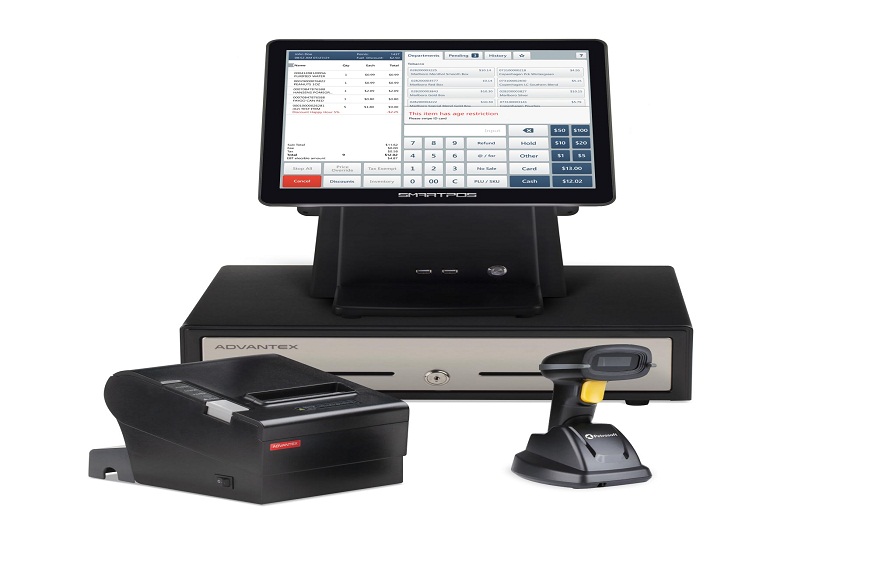In the fast-paced world of retail and hospitality, the way businesses handle transactions has undergone a remarkable transformation. From the old-fashioned cash registers of yesteryear to the sleek, intelligent point-of-sale (POS) systems of today, the journey of payment processing technology is a testament to innovation and customer-centric design. Let’s explore this evolution and see how modern POS nzsolutions are reshaping the business landscape.
The Humble Beginnings: Cash Registers
When cash registers first appeared in the late 19th century, they were revolutionary. These mechanical marvels provided a secure way to store cash and record sales. However, they had significant limitations:
- Manual entry of all transaction details
- No integration with inventory systems
- Limited reporting capabilities
- Prone to human error in calculations
Despite these drawbacks, cash registers served businesses well for decades. But as technology advanced, so did the needs of retailers and customers alike.
The Digital Revolution: Electronic Payment Systems
The introduction of electronic payment systems in the 1980s marked a significant leap forward. EFTPOS (Electronic Funds Transfer at Point of Sale) terminals and credit card machines streamlined transactions, offering benefits such as:
- Faster transaction processing
- Reduced cash handling
- Improved accuracy in sales recording
- Enhanced security for both businesses and customers
This era laid the groundwork for the sophisticated systems we see today, setting new standards for speed and convenience in payment processing.
The Rise of Smart POS Solutions
Today’s POS systems are a far cry from their predecessors. Modern Point of sale solutions are comprehensive business management tools that go beyond simple transaction processing. Key features include:
- Integrated Inventory Management: Real-time tracking of stock levels, automatic reordering, and multi-location inventory sync.
- Customer Relationship Management (CRM): Collect and analyze customer data to personalize marketing efforts and improve customer loyalty programs.
- Advanced Analytics and Reporting: Generate detailed reports on sales trends, peak hours, and product performance to inform business decisions.
- Multi-Channel Integration: Seamlessly connect in-store, online, and mobile sales channels for a unified commerce experience.
- Employee Management: Track work hours, manage permissions, and monitor performance all within the POS system.
These smart POS systems are not just improving operational efficiency; they’re transforming the way businesses interact with customers and manage their operations.
The Next Frontier: Self-Service Kiosks
As businesses continue to seek ways to enhance customer experience and operational efficiency, self service kiosk nz are gaining popularity. These innovative solutions offer several advantages:
- Reduced wait times during peak hours
- Consistent upselling opportunities
- Improved order accuracy
- Freeing up staff for more value-added tasks
Self-service kiosks are particularly transformative in the food service industry, where they can significantly streamline the ordering process and improve customer satisfaction.
The Impact on Businesses and Customers
The evolution of payment processing technology has had a profound impact on both businesses and customers:
- For businesses: Improved accuracy, efficiency, and insights into operations and customer behavior.
- For customers: Faster transactions, more payment options, and often a more personalized shopping experience.
Moreover, the data collected through these advanced systems enables businesses to make more informed decisions about inventory, staffing, and marketing strategies.
Looking to the Future
As we look ahead, it’s clear that the evolution of payment processing is far from over. Emerging technologies like artificial intelligence, blockchain, and augmented reality are poised to further revolutionize the POS landscape. Businesses that stay abreast of these changes and adopt the right solutions will be well-positioned for success in the increasingly competitive retail and hospitality sectors.
In conclusion, the journey from cash registers to smart POS systems reflects a broader trend towards digitization and data-driven decision-making in business. By embracing these technological advancements, businesses can not only streamline their operations but also provide the seamless, personalized experiences that modern customers demand.



